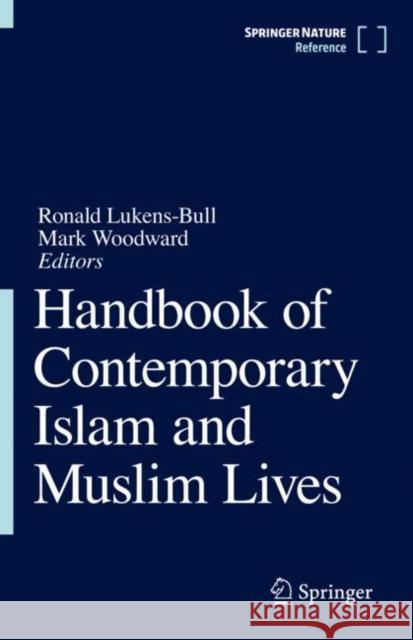Handbook of Contemporary Islam and Muslim Lives » książka
topmenu
Handbook of Contemporary Islam and Muslim Lives
ISBN-13: 9783030326258 / Angielski / Twarda / 2021 / 1293 str.
Kategorie:
Kategorie BISAC:
Wydawca:
Springer Nature Switzerland AG
Język:
Angielski
ISBN-13:
9783030326258
Rok wydania:
2021
Wydanie:
2021
Ilość stron:
1293
Waga:
2.83 kg
Wymiary:
23.88 x 20.32 x 7.37
Oprawa:
Twarda
Wolumenów:
02
Dodatkowe informacje:
Glosariusz/słownik











